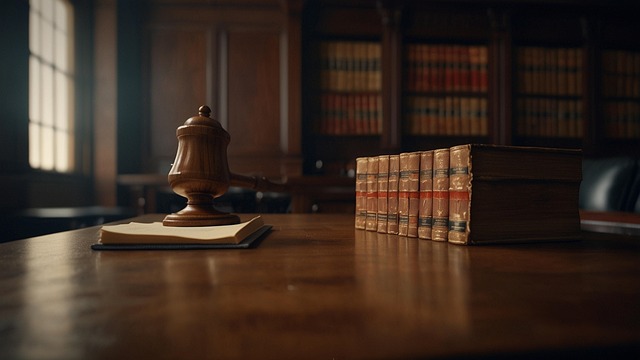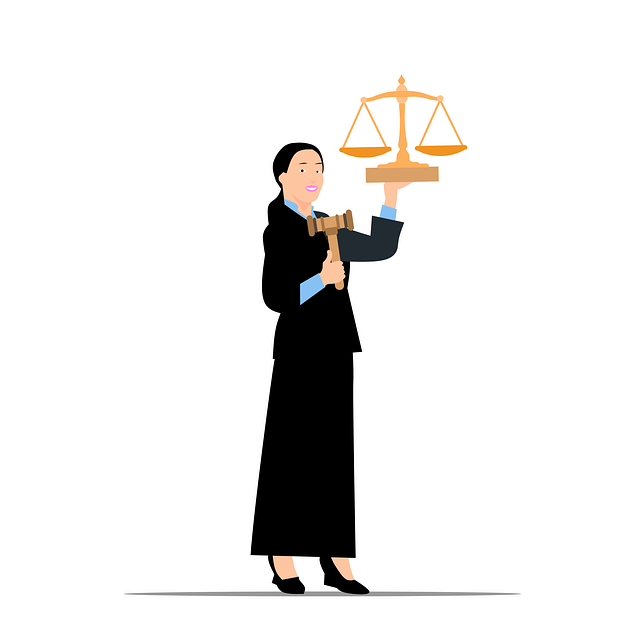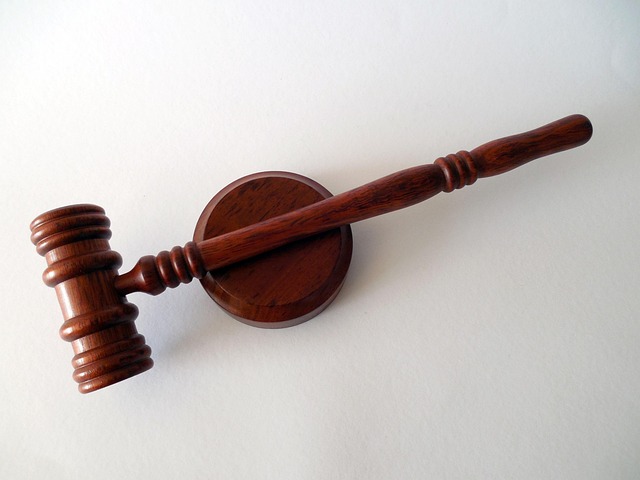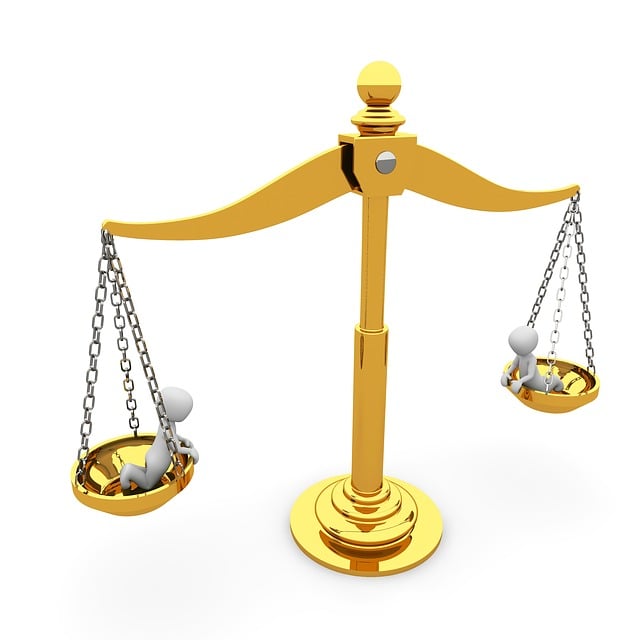Whistleblower Protection Laws (WPL) are essential for exposing illegal activities in businesses, promoting transparency and holding wrongdoers accountable. These laws empower employees to report violations like fraud, environmental harm, and public health risks without fear of retaliation. In high-stakes cases, specialized attorneys help clients navigate complex WPLs, protecting them from legal repercussions while ensuring their rights are respected. Strategic approaches involving documentation and awareness of federal laws like the False Claims Act and Clean Air Act strengthen legal positions. Successful lawsuits not only compensate whistleblowers but also lead to policy changes, demonstrating the power of these individuals in challenging workplace rights violations.
“Uncovering Wrongdoings: A Deep Dive into Whistleblower Protection Lawsuits
Whistleblowers play a crucial role in exposing corporate fraud, environmental hazards, and public health risks. However, their actions often come with significant personal risks. This article provides an all-encompassing guide to whistleblower protection lawsuits, delving into the legal framework that safeguards these brave individuals.
We explore common workplace rights violations, such as retaliation for reporting unethical practices, and examine how these actions impact employees. Additionally, we offer strategic insights for navigating legal actions, drawing from real-world examples to illustrate successful whistleblower protection lawsuits.”
- Understanding Whistleblower Protection Laws: A Comprehensive Overview
- Common Workplace Rights Violations and Their Impact on Employees
- Navigating Legal Actions: Strategies for Filing a Successful Whistleblower Protection Lawsuit
- Real-World Examples: Case Studies of Whistleblower Protection Lawsuits
Understanding Whistleblower Protection Laws: A Comprehensive Overview
Whistleblower Protection Laws (WPL) are designed to safeguard individuals who expose instances of illegal or unethical activities within their respective businesses. These laws empower employees to come forward with concerns, knowing they won’t face retaliation from employers. By offering a safe harbor for whistleblowers, WPL foster transparency and accountability in organizations.
Understanding these protections is crucial when considering examples of workplace rights violations. Whether it’s fraud, environmental harm, or public health risks, whistleblowers play a vital role in achieving extraordinary results by bringing such issues to light. For his clients, an experienced attorney can navigate the complexities of WPL, ensuring their rights are upheld and they receive the protection they deserve when pursuing legal action against wrongdoings in their respective business environments.
Common Workplace Rights Violations and Their Impact on Employees
In many high-stakes cases involving whistleblower protection lawsuits, employees often face a range of common workplace rights violations that can have profound impacts on their well-being and career prospects. These violations typically include retaliation for reporting illegal or unethical activities within an organization. Examples of such violations include unfair terminations, demotions, reductions in pay or benefits, and other forms of adverse employment actions taken against employees who expose fraud, corruption, or other misconduct.
The consequences of these rights violations can be severe, leading to significant stress, financial strain, and even post-traumatic stress for the whistleblowers. Moreover, it may hinder their ability to secure future employment in their chosen field, particularly if they work in industries where such actions are common. A robust general criminal defense strategy is crucial for employees facing indictment as a result of their disclosures, aiming to protect them from unfair legal repercussions while ensuring their rights as whistleblowers are upheld.
Navigating Legal Actions: Strategies for Filing a Successful Whistleblower Protection Lawsuit
Navigating Legal Actions involves a strategic approach when filing a Whistleblower Protection Lawsuit, especially as these cases can be complex. Whistleblowers must understand their rights and the specific protections offered under various laws that tackle workplace rights violations. For instance, employees who uncover instances of fraud, environmental misconduct, or public health hazards are protected by federal laws in the United States like the False Claims Act or the Clean Air Act.
A successful lawsuit strategy entails thorough documentation of evidence, including internal reports, communications, and any relevant policies that highlight the violation. Whistleblowers should aim to present a compelling case that demonstrates their good faith efforts to address the issue within the organization before taking it public. This approach not only strengthens their legal position but also fosters support from both the philanthropic and political communities across the country, potentially avoiding indictment for retaliatory actions.
Real-World Examples: Case Studies of Whistleblower Protection Lawsuits
Whistleblower protection lawsuits have been instrumental in upholding and safeguarding workplace rights violations. Real-world examples paint a clear picture of their impact. For instance, consider a case where an employee at a large corporation discovered fraudulent accounting practices. Despite the risks, they came forward with evidence that exposed significant financial misdeeds. The company, aware of their actions, retaliated by demoting and later terminating the whistleblower. This led to a lawsuit, which not only secured compensation for the individual but also mandated policy changes to protect future whistleblowers.
Another compelling example involves an employee in the healthcare sector who reported unsafe working conditions that put patients at risk. Their disclosures faced resistance from management, leading to harassment and unfair treatment. The whistleblower sought legal aid, resulting in a successful lawsuit against the organization. This victory not only ensured their protection but also contributed to improving industry standards, showcasing the power of white-collar defense strategies. These cases highlight how individuals can challenge powerful entities, ultimately fostering a culture of accountability through robust general criminal defense mechanisms.
Whistleblower protection lawsuits play a pivotal role in upholding justice and safeguarding employees’ rights against unfair workplace practices. By understanding the nuances of whistleblower laws, recognizing common violations like discrimination, retaliation, or ethical breaches, and employing strategic legal actions, individuals can stand up for their rights and make a significant impact. The real-world examples outlined in this article serve as inspiring testaments to the power of whistleblowers in exposing corporate wrongdoings and fostering positive change. In light of these insights, it’s crucial for both employees and employers to be vigilant in navigating the complexities of workplace rights violations and their legal protections.






